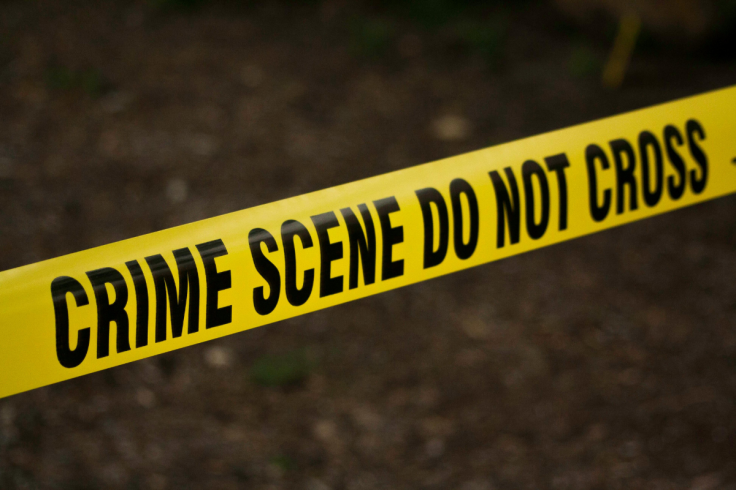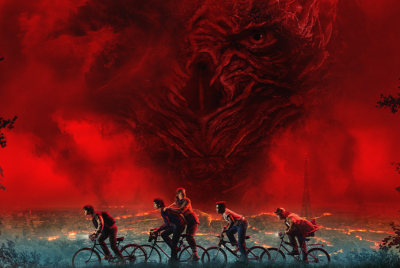Netflix's 'My Father, the BTK Killer': How Dennis Rader's Daughter Is Reliving a Lifetime of Trauma
The series offers a deeply personal account of Kerri Rawson's childhood

The chilling story of Dennis Rader, the notorious 'BTK Killer', has once again gripped the world following the release of Netflix's new true-crime documentary My Father, the BTK Killer.
Released on Friday, October 10, the series revisits the brutal murders that terrorised Wichita, Kansas from 1974 to 1991 and exposes the emotional wreckage left behind.
At its core is Rader's daughter, Kerri Rawson, who has publicly condemned the show for reopening the deep wounds her family has fought for decades to heal.
The Meaning Behind the BTK Name
The nickname 'BTK' stands for 'Bind, Torture, Kill', a phrase Rader himself coined in letters sent to police and media during his killing spree. Between 1974 and 1991, he murdered at least 10 people.
Rader lived a seemingly ordinary life, working as an ADT security installer and serving as a church leader and family man. His double life shocked the community when he was finally arrested in February 2005 after detectives traced a floppy disk he had sent to a local news station.
In June 2005, Rader pleaded guilty to ten counts of first-degree murder and was sentenced to ten consecutive life terms. Now aged 80, he remains imprisoned at El Dorado Correctional Facility in Kansas. His crimes have inspired decades of analysis, documentaries, and books exploring how a respected suburban father could live as a serial killer in plain sight.
Inside Netflix's Disturbing Documentary
Netflix's My Father, the BTK Killer examines the crimes through the eyes of Kerri Rawson, Rader's daughter. The series offers a deeply personal account of her childhood, her father's sudden arrest, and her struggle to reconcile the man she knew with the monster revealed to the world.
The documentary features exclusive footage from police archives, never-before-seen family photos, and Rader's own writings.
It also delves into the psychological manipulation Rader used to maintain his dual identity and the lasting scars it left on his family. The programme has quickly risen to Netflix's top ten list, reflecting ongoing fascination with true-crime stories that expose the hidden horrors of everyday life.
A Daughter's Protest
Kerri Rawson has spoken publicly about the emotional challenges of coming to terms with her father's crimes. In an interview with TIME, she has reflected on the lasting impact of Dennis Rader's actions and how she continues to live with the consequences of his double life.
In the same coverage, Rawson shared that she received so many hate mails and even got some death threats. Despite this, she has been actively advocating for crime victims and trauma victims.
Rawson has also previously criticised some true-crime portrayals that she believes exploit victims and their families. In 2014, she told The Wichita Eagle that Stephen King's film A Good Marriage, inspired by the BTK case, was 'exploiting my father's 10 victims and their families'.
Beyond sharing her story, Rawson has become an advocate for trauma awareness and victims' rights, urging filmmakers and audiences alike to treat real-life cases with greater sensitivity.
Renewed Police Interest in Cold Cases
The Netflix documentary has also revived police interest in possible unsolved murders connected to Rader. Investigators in Kansas and Oklahoma have reopened inquiries into the 1976 disappearance of 16-year-old Cynthia Dawn Kinney. Rader's old notes and coded word puzzles, previously sent to police, are being re-examined for potential links to the case.
Authorities describe Rader as a 'prime suspect' in at least two unsolved crimes. Although no new charges have been filed, evidence recovered from his former property has prompted fresh investigations into whether the BTK Killer's true victim count may be higher than ten.
© Copyright IBTimes 2025. All rights reserved.





















